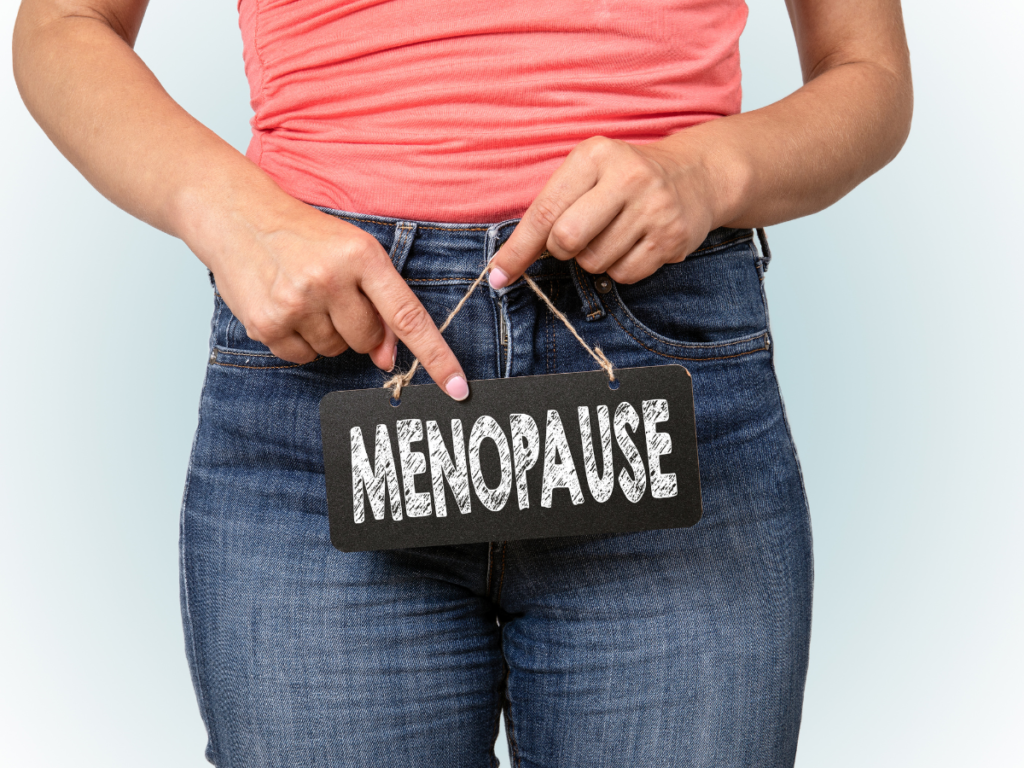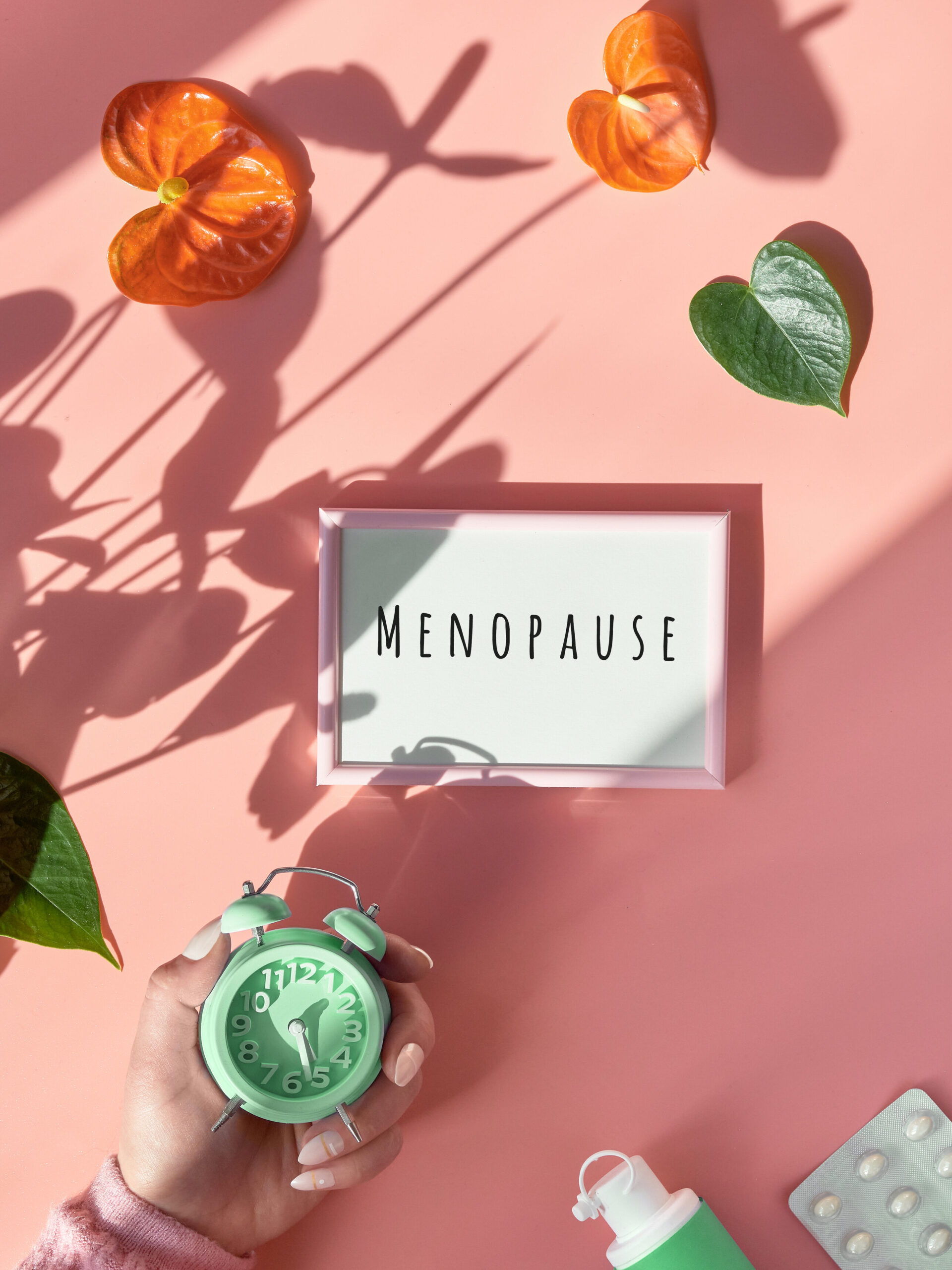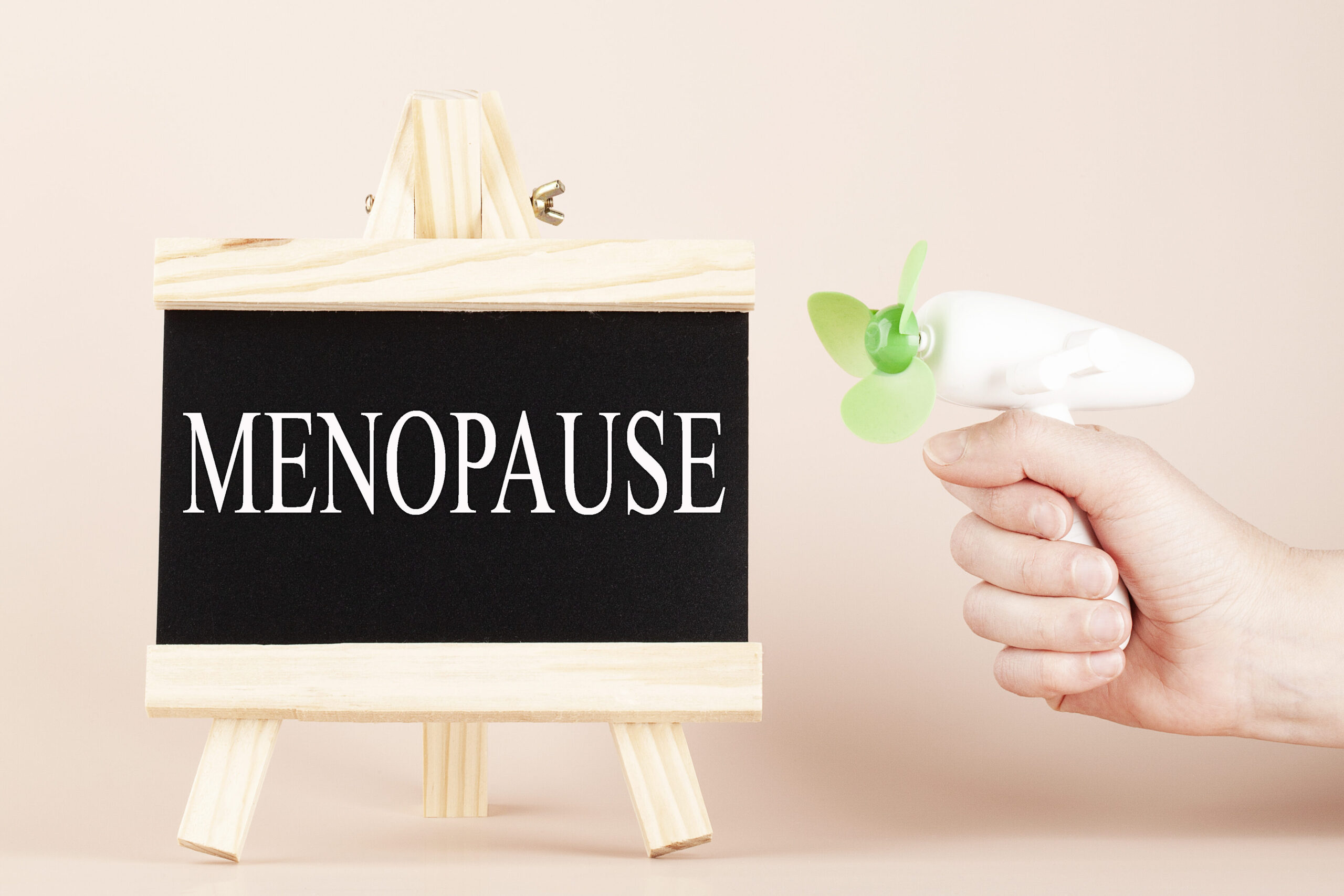The thought-provoking BBC Panorama programme on the Menopause Industry has uncovered some frightening information about how some private menopause clinics are prescribing high levels of oestrogen to women to help manage their menopause symptoms.
In one case, instead of 100mcg, the dose which manufacturers have established as safe through clinical trials, a patient was prescribed 300mcg (three times the maximum licensed dose).
Too much oestrogen can lead to thickening of the womb lining which is a precursor to endometrial cancer.
It is so important to understand HRT is not for everyone and if a woman decides to use HRT, then it needs to be prescribed in the right dose and continuous support and guidance are needed.
The menopause is a natural stage in a woman’s life, not a stage of decline, and experts are now publicly campaigning that it should not be ‘medicalised’. These experts are looking to educate all women that the menopause is not a medical condition to be treated by replacing hormones with HRT.
Expert commentary in the British Medical Journal, reports that the way the menopause is currently being portrayed is signalling ‘decay and decline’ and many women end up expecting the worse around this stage in their life.
So it is wonderful that menopause is not now seen as a taboo subject, but celebrity campaigns have contributed to the overmedicalisation of this natural stage in a woman’s life by stating that the only solution at the menopause is HRT.
HRT is routinely used to help alleviate menopausal symptoms, such as night sweats, hot flushes and mood swings. It contains oestrogen, which reduces symptoms – but as this can thicken the womb lining, another hormone, progesterone, is often prescribed to protect the womb.
Calls are being made by one private menopause clinic to ‘rebrand’ the menopause as a “hormone deficiency syndrome or disease”, which of course suggests that all women will need to replace those hormones with Hormone Replacement Therapy which is good for the pharmaceutical industry.
In America, since 2003 they have been regulated to refer to it as HT, Hormone Therapy (and not Hormone Replacement Therapy) as they have acknowledged it is not replacing hormones that should be there at this stage in a woman’s life and as with any medicine there are concerns around side effects.
Menopause can feel like a roller coaster of fluctuating hormones, but did you know your body is already working with you during this transition? As the body naturally reduces oestrogen production, your adrenal glands step in, creating their own form of oestrogen to help maintain balance.
Instead of adding more hormones, let’s focus on supporting your body’s natural process through proper nutrition, stress management, and self-care.
Did you know that nutrition can play a major role in how you feel during this transition? Proper nutrition helps manage symptoms like hot flushes, fatigue, and mood swings while supporting bone health and heart health. I have been looking after women for over 35 years and I have seen how nutrition can help you through this natural transition. Even if you take HRT, diet is important for your overall health and wellbeing.
Here’s some examples on how to thrive:
Eat a healthy Mediterranean diet containing phytoestrogens like lentils, soya, chickpeas, flaxseed to help balance your hormones through this transition.
Omega-3s: Fatty fish, walnuts, and flaxseeds help reduce inflammation and mood swings.
Whole grains & fibre: To stabilise blood sugar and support digestive health. Antioxidants: Berries, nuts, and colourful veggies for skin and heart health.
Small changes in your diet can make a big difference during menopause.
Prioritise your health and embrace this new chapter with confidence! As women we can live 30 to 50 past the menopause so you want to live that in good health, whether you choose to stay on HRT or are looking for more natural solutions.




